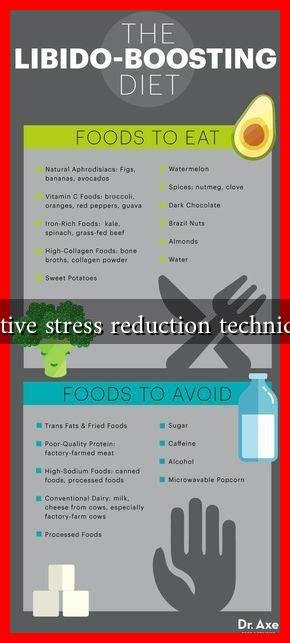-
Table of Contents
What are the Most Effective Stress Reduction Techniques for Boosting Libido?
In today’s fast-paced world, stress has become a common companion for many individuals. While stress is a natural response to challenges, chronic stress can lead to a myriad of health issues, including a significant decline in libido. Understanding the connection between stress and sexual desire is crucial for those looking to enhance their intimate relationships. This article explores effective stress reduction techniques that can help boost libido.
The Stress-Libido Connection
Before diving into stress reduction techniques, it’s essential to understand how stress affects libido. Stress triggers the release of cortisol, a hormone that, in high levels, can inhibit sexual desire. According to a study published in the Journal of Sexual Medicine, chronic stress can lead to decreased testosterone levels in men and hormonal imbalances in women, both of which can negatively impact sexual desire.
Effective Stress Reduction Techniques
Here are some of the most effective techniques for reducing stress and, consequently, boosting libido:
-
Mindfulness and Meditation
-
Physical Exercise
-
Quality Sleep
-
Healthy Nutrition
-
Communication and Emotional Connection
Mindfulness practices, including meditation, have been shown to reduce stress significantly. A study from Harvard University found that mindfulness meditation can lead to changes in brain structure, promoting emotional regulation and reducing anxiety. Regular practice can help individuals become more present, enhancing intimacy and connection with their partners.
Exercise is a powerful stress reliever. Engaging in physical activity releases endorphins, which are natural mood lifters. According to the American Psychological Association, regular exercise can improve self-esteem and body image, both of which are crucial for a healthy libido. Aim for at least 30 minutes of moderate exercise most days of the week.
Sleep is vital for overall health and well-being. Lack of sleep can lead to increased stress levels and hormonal imbalances. The Sleep Foundation recommends establishing a regular sleep schedule and creating a restful environment to improve sleep quality. Aim for 7-9 hours of sleep per night to help regulate stress and enhance libido.
What you eat can significantly impact your stress levels and libido. A balanced diet rich in fruits, vegetables, whole grains, and lean proteins can help stabilize mood and energy levels. Foods high in omega-3 fatty acids, such as salmon and walnuts, have been shown to reduce anxiety and improve overall mental health.
Open communication with your partner can alleviate stress and enhance intimacy. Discussing feelings, desires, and concerns can foster a deeper emotional connection, which is essential for a healthy sex life. Couples therapy or relationship counseling can also be beneficial for those struggling with communication.
Case Studies and Statistics
Research supports the effectiveness of these techniques. A study published in the Archives of Sexual Behavior found that couples who engaged in regular physical activity reported higher levels of sexual satisfaction. Additionally, a survey conducted by the American Psychological Association revealed that 61% of respondents reported a decrease in sexual desire due to stress.
Conclusion
In conclusion, managing stress is crucial for maintaining a healthy libido. Techniques such as mindfulness, physical exercise, quality sleep, healthy nutrition, and open communication can significantly reduce stress levels and enhance sexual desire. By incorporating these practices into daily life, individuals can improve their overall well-being and foster deeper connections with their partners. Remember, a healthy mind leads to a healthy body, and a healthy body can lead to a fulfilling sex life.

